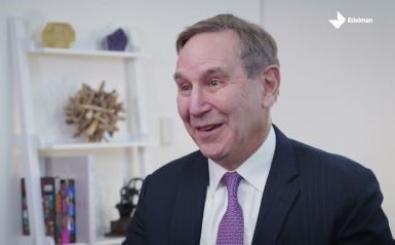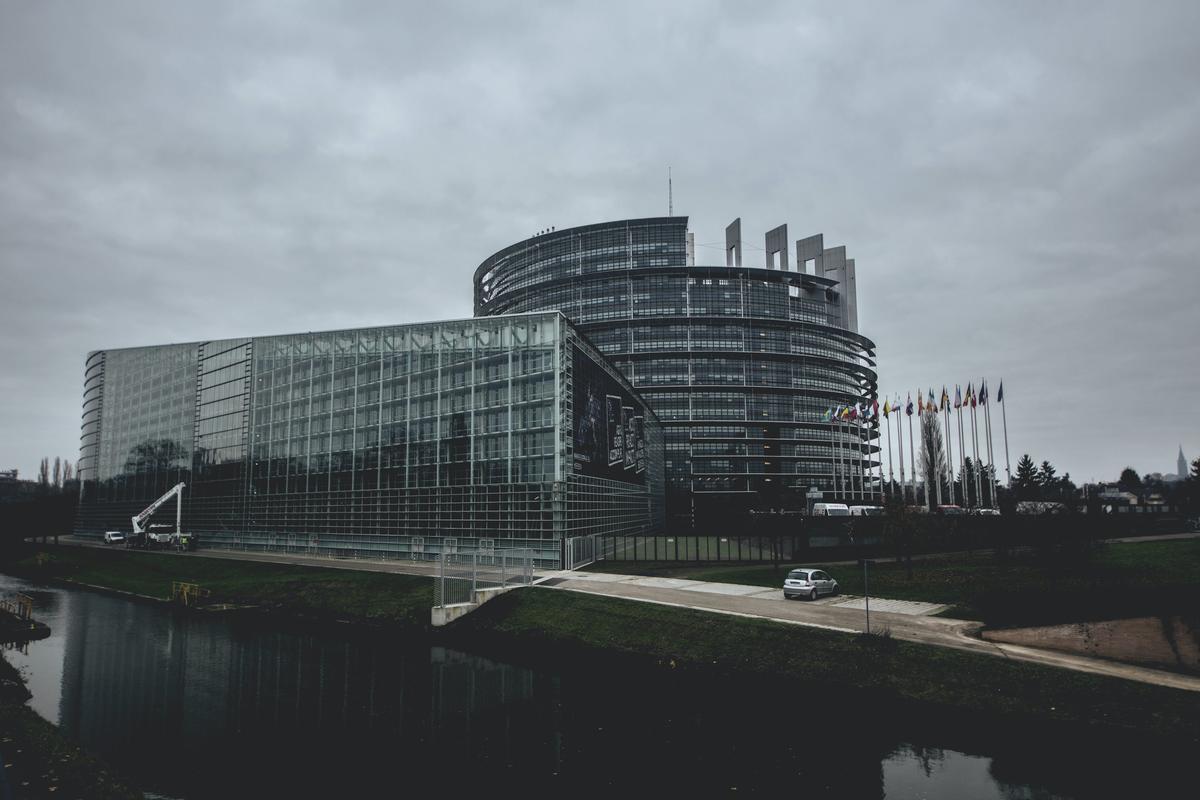The fresh data from the 2020 Edelman Trust Barometer Spring Update: Trust and the Covid-19 Pandemic shows startling shifts over the last three months—reflecting the extraordinary impact of Covid-19 around the globe. In the midst of a dual health and economic crisis on a scale never seen before, people are putting more faith in institutions to help address their fear and uncertainty. Trust in government is at a historic high: after a decade of ticking up or down by a couple of percentage points, global trust in government has soared 11 points.
Why is that, and will it last? As we have seen at other times of crisis (9/11, the 2008 global financial crisis), people instinctively turn to government for leadership. On every measure—containing the pandemic, informing the public, providing economic relief and support, helping people cope and reopening the country—it is government by a long shot that is expected to lead. For comparison, 86 percent of people say government should provide economic relief and support; 56 percent say business should. Seventy-two percent say government should help people cope; 50 percent say business should.

Some of this trust has been earned, and some of it has been thrust upon government. The more interesting issue is how government will respond in this moment. Our data shows that people are prepared to have a bigger role for government in their lives than they were before Covid-19; what we don’t know is how long that sentiment will last, and what it will mean for business.
The Covid-19 crisis has added new urgency to longstanding public policy issues: questions around inequality, nationalism and populism or multilateralism, the urban/rural divide, the balance between privacy and personal data-sharing for our public health. It is also likely to supercharge the conversation around climate change, as the environmental benefits of dramatically reduced carbon emissions cause people to rethink the necessity of travel and optimal levels of production, and lessons emerge from the parallels between this pandemic and another global threat we are not sufficiently prepared to address. In each area, the potential for greatly increased government involvement requires business to have a transparent discussion around the implications and to propose solutions.
Here is how we see these debates playing out across sectors:
- Travel: How will governments determine who comes into their country, and with what documentation? What will quarantine protocols look like? What will this mean for travel and tourism in the future?
- Food security and supply chains: Will governments want to incentivize or mandate local production to minimize potential disruption and to ensure more reliable supply? Will government seek to limit exports of certain goods to make sure domestic needs are always able to be met? How will this impact thinking on sustainability, and on climate change policy?
- Global trade: In crisis, people tend to look inwards and to think of national need, what will this mean for the global trade system? Will we move away from geographic based trading systems to instead dealing with countries at similar degrees of Covid control, or who adopt a similar approach to containing the virus? Will trade be on the frontline of a broader move against, or revival of multilateralism?
- Healthcare and medicine: Similar to food, will governments seek to domesticize medical supply chains and limit the export of certain pharmaceuticals and their key ingredients? Will there be increased support for a greater government role in healthcare in regions that rely on private care?
- Data and privacy: Will governments permanently seek more access to information about our whereabouts, who we have been with, and our health history? How will consumers respond, balancing concerns about privacy with health and safety?
- Entertainment: Large-scale sporting events and concerts are predicted to be one of the last facets of life to return to normal. Will there be lasting health and safety measures that disrupt the leisure and escape that consumers are seeking in the first place? To what extent will a public that is increasingly tending to consume digitally at home be willing to pay as much for events that they would previously have attended in person, or find the same value in watching live sports and concerts without fans present?
As all institutions navigate the way forward, the only certainty is that no single institution can do all the solving. Given the scale of policy challenges that Covid-19 has presented, government, business and NGOs must work together to consider implications, and media must report reliably and accurately, as these institutions share learnings from those further ahead on the recovery curve and champion creativity and innovation. Out of any crisis comes new thinking and opportunity.

Government must bring business into the conversations early and business needs to prioritize participation to formulate good policy. This is not the time for any party to stay at arm’s length. As we have also seen across the globe, those leaders who have engaged with the public—explained the issues, explained why a particular decision is being made and give a sense of the considerations taken into account—have had that trust rewarded. Ultimately, if you want people to follow you, you need them to trust you, and to know how and why you make decisions. For business, this means being visible and vocal about policy. Don’t just lean on third parties to privately make the case. Engage the public as to why policy should change. Earn that support. Agile, frank and responsible partnerships are the only way to build the sustainable and resilient solutions that people are so clearly asking for.
As we move out of the immediate response and wrestle the long-term economic impact, it is impossible to ignore the inequalities that Covid-19 has laid bare across the globe. In previous surveys, we’ve recorded growing fears around automation and the lack of skills and training for jobs of the future. The global pandemic has fast-tracked these fears. More than 50 percent report that they are “very concerned about job loss due to the pandemic and not being able to find a new one for a long time.” Globally, nearly two-thirds say that the pandemic has made them more aware of the gap “between the rich and the working class.” This is an unmistakable call for government to take action to address social disparities. Business also has to ask itself how it can address inequality. What can all of us do to support those most vulnerable, to get ahead of change and to make society more equitable?
The data shows the world and institutions are at an inflection point and the actions taken will define institutions in the minds of all stakeholders for years to come. Policy making in the time of Covid-19 is the litmus test for both government and business to show they are thinking about ALL of their stakeholders as we collectively rebuild.
Kirsty Graham is CEO of Edelman’s Global Public Affairs practice and interim Global Chair of our Health practice.






